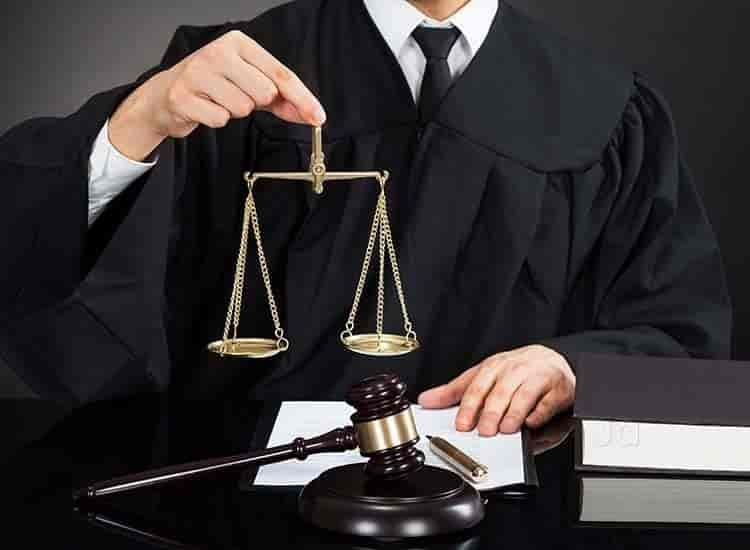Navigating the world of legal fees can be intimidating for many people. Regardless of whether you are confronting a case of personal injury, handling family law issues, or handling business-related legal matters, understanding the costs associated with hiring an lawyer is crucial. Legal representation can sometimes feel expensive and overbearing, but being educated about the different factors that influence attorney fees can illuminate the process and empower you as a client.
In this article, we will discuss key information related to legal fees and the price of hiring an attorney. From knowing when to engage legal help and typical errors to watch out for, to understanding what to expect during your initial consultation, we aim to arm you with the knowledge necessary to make wise decisions. Additionally, we'll explore advice tailored to specific legal areas, outlining how specific legal matters can influence the costs you may encounter. With our insights, you will be better prepared to navigate the legal landscape and protect your rights effectively.

Crucial Legal Tips
When traversing the legal landscape, it’s crucial to understand that not every situation requires an attorney. However, knowing when to look for legal help can make a substantial impact. If you are confronting complex issues such as dissolution of marriage, legal charges, or major financial decisions, it's sensible to consult a lawyer. They can provide guidance specific to your specific situation and help you steer clear of frequent pitfalls that could jeopardize your case.
One of the most common legal mistakes people make is neglecting legal documents or deadlines. Whether it's a court order or a contract evaluation, timely action is crucial. Failing to respond to legal inquiries can lead to unfavorable outcomes, such as uncontested judgments or the deprivation of rights. Always stay informed about key dates and seek legal advice if you feel burdened by the paperwork required.
Lastly, it’s essential to do your due diligence when choosing a lawyer. Not all attorneys focus in the identical areas of law, so determine your needs and look for someone experienced in that designated practice area. Take the time to consult multiple attorneys or law firms to find one that aligns with your goals and values. A positive attorney-client relationship can lead to better outcomes and a more seamless legal process as a whole.
Engaging a Attorney
When evaluating whether to hire a attorney, it is important to evaluate the intricacy of your law-related circumstance. Few legal matters necessitate professional representation, but cases involving agreements, litigation, or major legal rights usually do. Hiring a lawyer can provide you with clarity and expertise that is crucial for navigating the legal landscape, especially true if you are not acquainted with the legal regulations that may apply to your case. A skilled lawyer can help you understand your options and the possible consequences of your case.
Knowing when to hire a lawyer can save you hours and worry in the future. If you are dealing with a legal issue, such as a personal injury case or a family-related legal issue, it is recommended to meet with a lawyer early in the process. This can help you steer clear of common legal mistakes that could endanger your situation. Moreover, getting qualified guidance can offer you a clearer understanding of your entitlements and obligations, ensuring that you are well-informed as you move forward.
Choosing the appropriate lawyer is also a critical part of the procedure. Look for an individual whose practice area matches with your needs, as specialized knowledge can create a considerable impact in the outcome of your case. Consider factors such as background, standing, and communication style. A good attorney will not only represent your interests but also guide you through the complicated legal processes, providing assistance and knowledge every step of the way.
Comprehending Legal Systems
Navigating the judicial system can be challenging, but comprehending the fundamental processes can enable individuals to make knowledgeable decisions. It begins with recognizing that not all judicial issues are the alike; each branch of law, whether personal injury, criminal defense, or family law, has its specific procedural details. Familiarizing oneself with typical legal processes related to a specific practice area can help in knowing what to expect.
As you engage in a legal matter, the steps generally include first consultations, signing agreements, and may going through mediation, litigation, or trial. Understanding what occurs during You can find out more , such as how to prepare for court or what happens if you ignore a legal summons, can lessen anxiety and ensure you are well prepared. Each step is vital, as it affects the overall outcome of your case.
Ultimately, having a thorough understanding of the legal processes involved can boost your chances of success. Whether learning about the fundamentals of estate planning, knowing when to hire an attorney, or understanding your rights as an employee, being informed about these processes can direct your decisions. For anyone entering the legal world, this knowledge serves as a essential tool in navigating issues and achieving advantageous outcomes.
